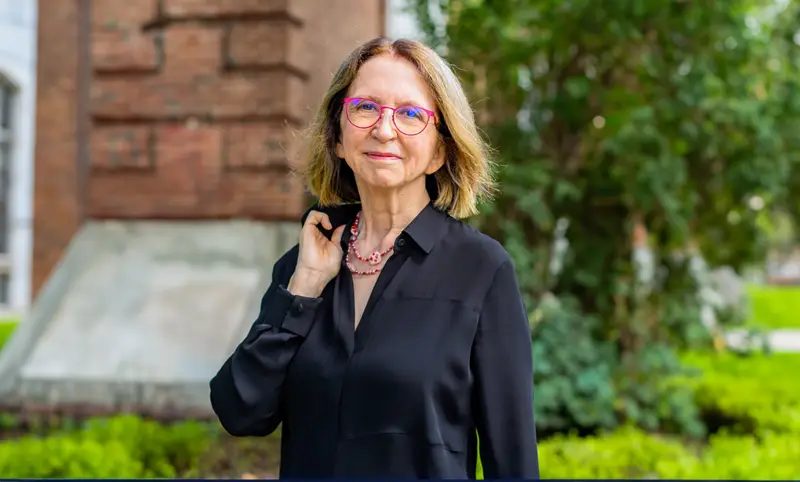
Sep 7, 2024 | Desserts, Diet Tips, Exercise, Fiber, In the Media, Legumes, Nutrition, Protein, Science, Snacking, Weight Loss
Summary: Want to Lose Weight? What You Need to Know about Eating and Exercise Dr. Roberts wrote a feature article for the magazine Scientific American that discusses key learnings from her research. We know you’re busy (and the article is subscriber-only) so here are...
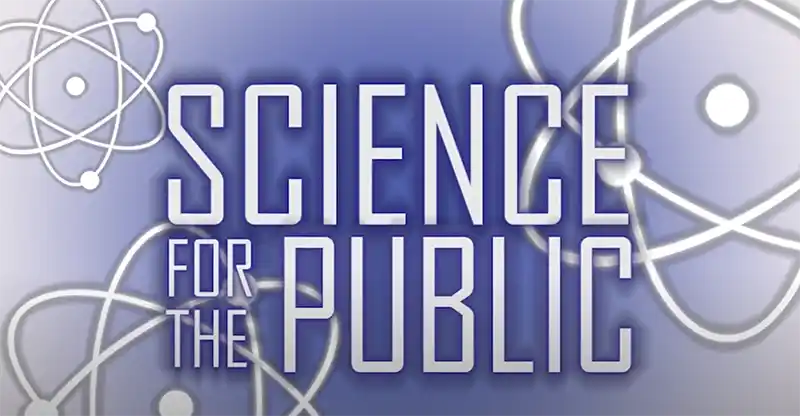
Nov 2, 2023 | Diet Tips, In the Media, Public Health, Research, Science, Video, Weight Loss
Dr Roberts was a guest on “Science for the Public” with Yvonne Stapp. Here is the full interview, as well as a summary of what they discussed. Main Topics Discussed: The discussion provides an understanding of metabolism, obesity, and diet. It emphasizes...
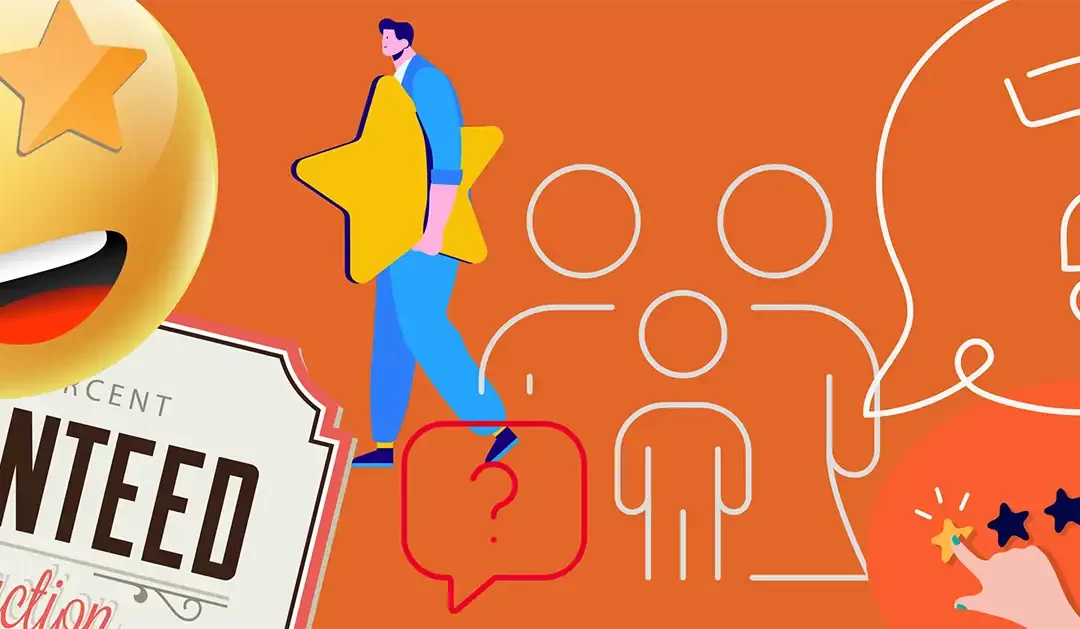
Oct 25, 2023 | Diet Tips, In the Media, Public Health, Science
This is a 12-point summarization of Dr. Roberts’ lecture on “Weight loss that works without gimmicks” in a question and answer format: 1. What is the current state of obesity in America? Two-thirds of Americans are overweight, and childhood obesity...
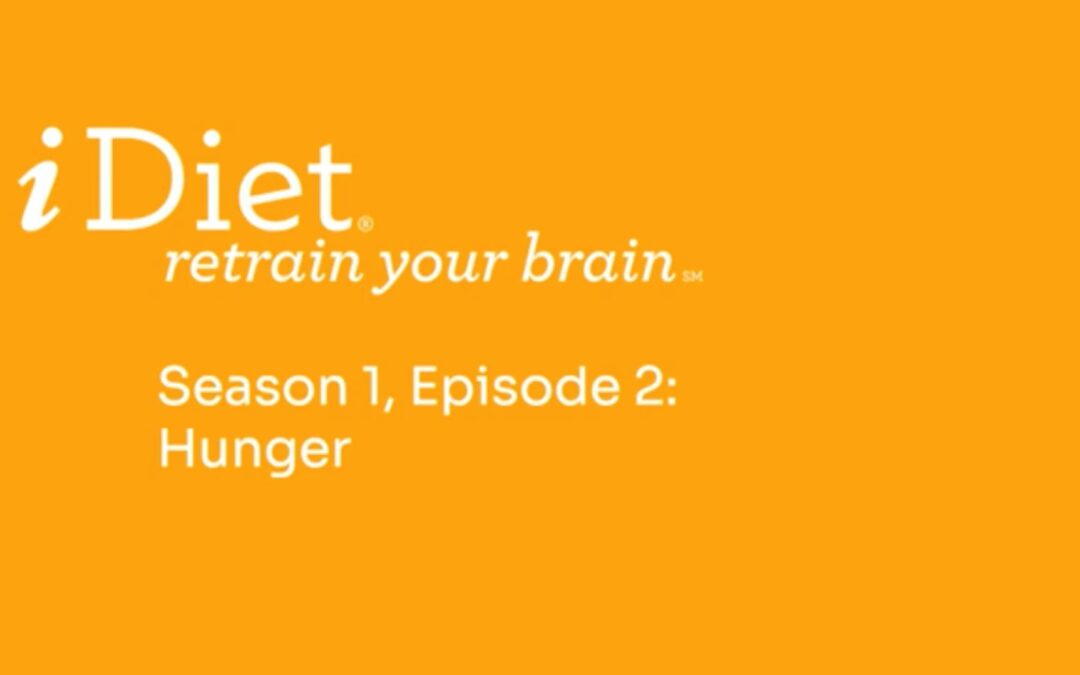
Jan 9, 2023 | Diet Tips, Fiber, In the Media, Nutrition, Podcast, Research, Science, Video, Weight Loss
iDiet Podcast S1Ep2: Hunger The Science of Hunger: How to control hunger, how to reduce hunger, and how to use hunger to your advantage in weight loss. It’s possible to be on moderate calorie restriction — pursuing a safe diet — and be less hungry than if eating...
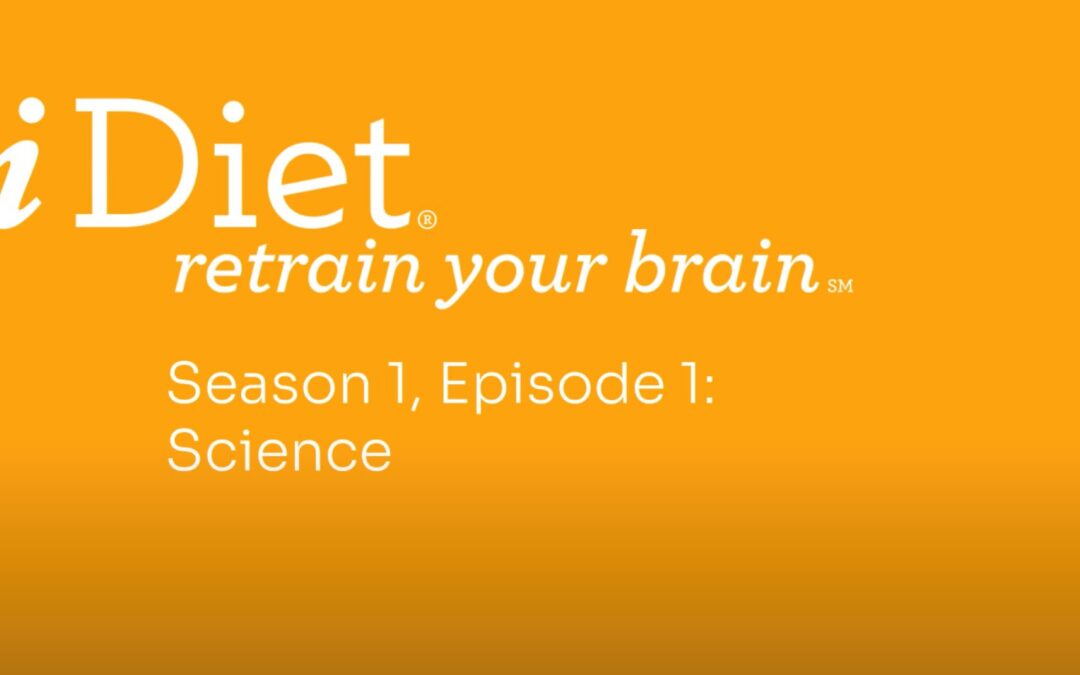
Jan 2, 2023 | Diet Tips, Fiber, In the Media, Nutrition, Podcast, Research, Science, Video, Weight Loss
iDiet Podcast S1Ep1: Science In this episode, we’ll meet Dr. Roberts, learn about her global research projects, how we approach weight management, explore using nutrition science to control hunger, and to make your health goals easier.Send us your questions,...
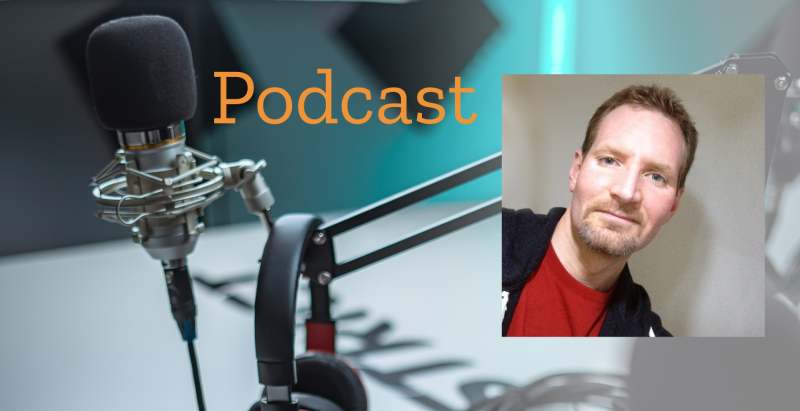
Jan 8, 2022 | Diet Tips, Groups, Guest Bloggers, In the Media, Nutrition, Research, Science, Weight Loss
Hear iDiet’s latest advances on a podcast iDiet’s newest program — iDiet Engage Intensive — takes Dr. Roberts’ groundbreaking nutrition, habit-change, and instinctive neurobiology research, and combines it with the latest advances in positive...








 Yes! I want to receive a 38-page cookbook, and be informed of upcoming classes. No obligation, instant download.
Yes! I want to receive a 38-page cookbook, and be informed of upcoming classes. No obligation, instant download. 